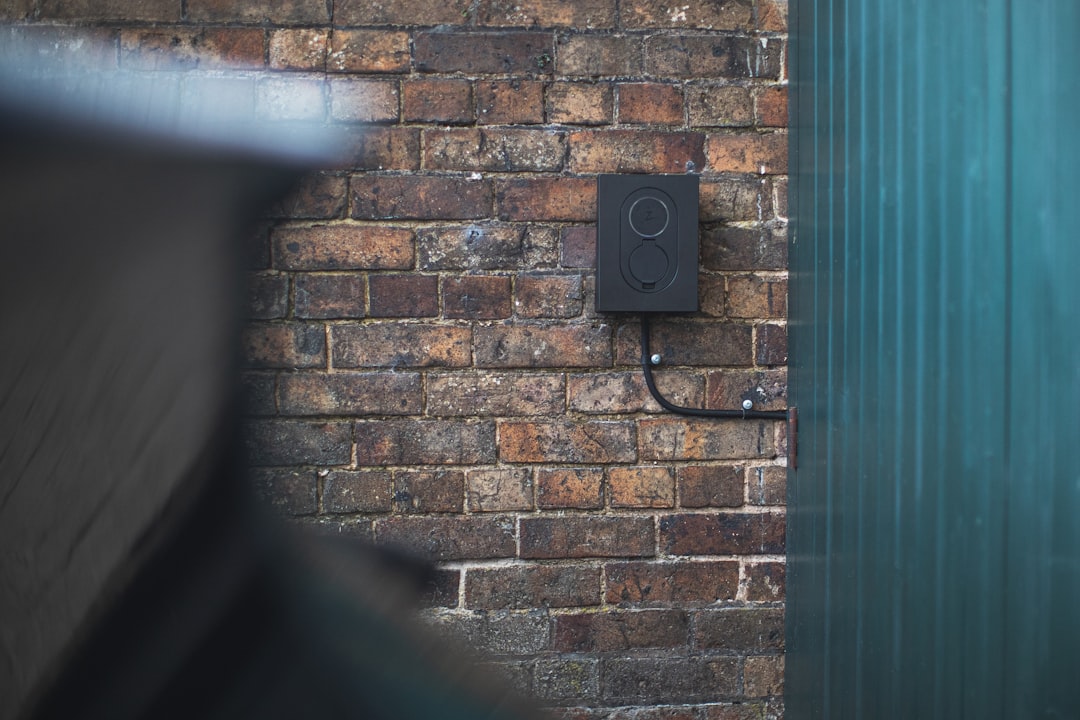In recent years, the world has witnessed a dramatic shift towards sustainable transportation, and Brazil is no exception. By 2024, electric cars are set to revolutionize the transportation landscape in this vibrant South American nation. According to Bloomberg Green, electric vehicle (EV) sales in Brazil surged by over 40% in 2023, signaling a promising future for eco-friendly transportation solutions. This article will explore how electric cars are transforming Brazil’s transportation sector, delve into the technology and infrastructure driving this change, and offer practical insights for prospective EV owners.
The Rise of Electric Vehicles in Brazil
Government Support and Policies
Brazil’s government has been instrumental in fostering the growth of electric vehicles. In 2022, the Brazilian government introduced incentives for EV purchases, including tax reductions and subsidies. These incentives have made electric cars more accessible to the average consumer. Additionally, the government aims to increase the number of charging stations by 50% by the end of 2024, according to Reuters Mobility. These initiatives are crucial as they lay the groundwork for a robust EV ecosystem.
Technological Advancements
The advancements in battery technology are a significant factor in the rise of electric cars in Brazil. Modern lithium-ion batteries, as reported by Battery University, now offer longer ranges and faster charging times, making them more appealing to Brazilian consumers who often travel long distances. Brands like Tesla and Hyundai are at the forefront of this technological evolution, providing vehicles with ranges exceeding 400 kilometers on a single charge.
Economic and Environmental Benefits
Switching to electric vehicles is not just about cutting-edge technology; it also offers substantial economic and environmental benefits. Brazil, with its abundant renewable energy resources, particularly hydropower, is well-positioned to support a sustainable EV infrastructure. According to the International Energy Agency (IEA), Brazil’s renewable energy usage could reduce CO2 emissions by 30% by 2030, aligning with global sustainability goals.
How to Charge EVs in Brazil
Charging Infrastructure
As electric cars become more prevalent, the demand for charging stations is increasing. By the end of 2023, Brazil had over 2,000 public charging stations, a number expected to grow significantly by 2024. The majority of these stations are located in urban areas, with plans to expand into rural regions. Companies like BYD and Nissan are investing in this infrastructure, ensuring that EV owners have easy access to charging facilities.
Home Charging Solutions
For those considering an electric vehicle, home charging solutions are essential. Installing a home charging station can offer convenience and cost savings. According to TechCrunch, charging at home can be up to 50% cheaper than using public stations. Many EV manufacturers provide installation services or partner with local companies to facilitate this process.
Where to Buy Electric Vehicles in Brazil
Top EV Brands in Brazil
Several international and domestic brands are leading the charge in the Brazilian EV market. Tesla, known for its innovation and performance, offers models like the Model 3 and Model Y, which have gained popularity among Brazilian consumers. Hyundai and Nissan also offer a range of affordable electric vehicles, making it easier for more Brazilians to make the switch.
Comparison Guide
When choosing an electric car, it’s essential to compare models based on range, price, and features. Here’s a quick comparison of some popular models available in Brazil:
- Tesla Model 3
- Range: 491 km
- Starting Price: BRL 350,000
- Features: Autopilot, fast charging
-
Hyundai Kona Electric
- Range: 484 km
- Starting Price: BRL 250,000
-
Features: Advanced safety features, spacious interior
-
Nissan Leaf
- Range: 363 km
- Starting Price: BRL 180,000
- Features: ProPILOT Assist, regenerative braking
What to Compare When Buying an EV
When selecting an electric vehicle, consider the following factors:
- Range: How far can the vehicle travel on a single charge?
- Charging Time: How long does it take to charge the battery fully?
- Price: Does it fit within your budget?
- Features: Are there specific features you desire, such as autopilot or advanced safety systems?
- Resale Value: What is the projected depreciation rate?
The Future of Electric Cars in Brazil
As we look towards the future, it’s clear that electric cars will play a pivotal role in shaping Brazil’s transportation landscape. The combination of government support, technological advancements, and growing consumer awareness is driving this green revolution. By 2025, experts from CleanTechnica predict that electric vehicles could account for 20% of all car sales in Brazil, marking a significant milestone in the country’s journey towards sustainable transportation.
Conclusion
Electric cars are not just a trend in Brazil; they are a transformative force driving the nation towards a more sustainable future. From government incentives to advancements in battery technology, Brazil is poised to become a leader in the electric vehicle revolution. As a prospective buyer, understanding the available options, charging solutions, and market trends will empower you to make informed decisions. Are you ready to join the electric vehicle movement and contribute to a cleaner, sustainable future? Share your thoughts in the comments below, and let’s drive the conversation forward!

